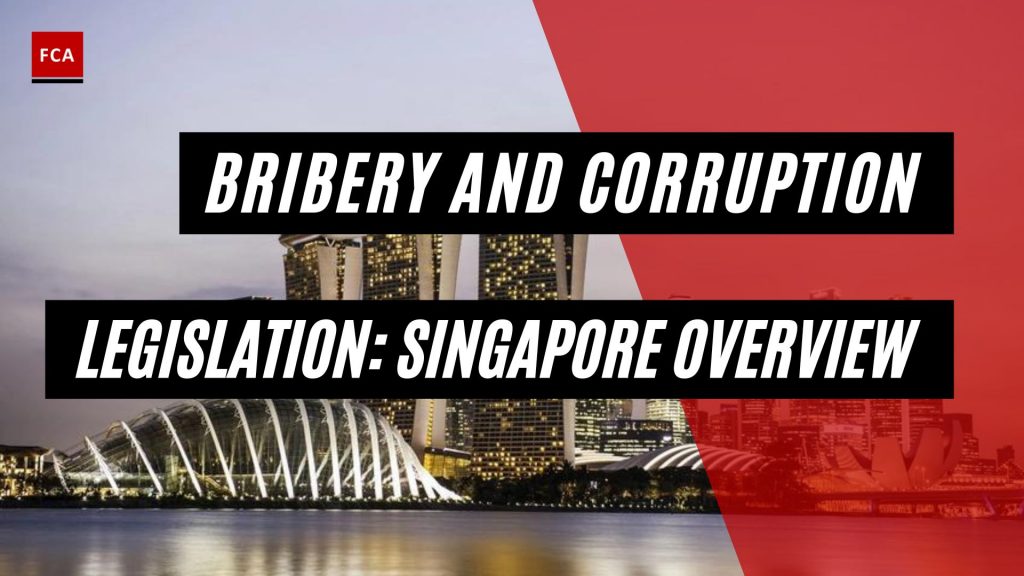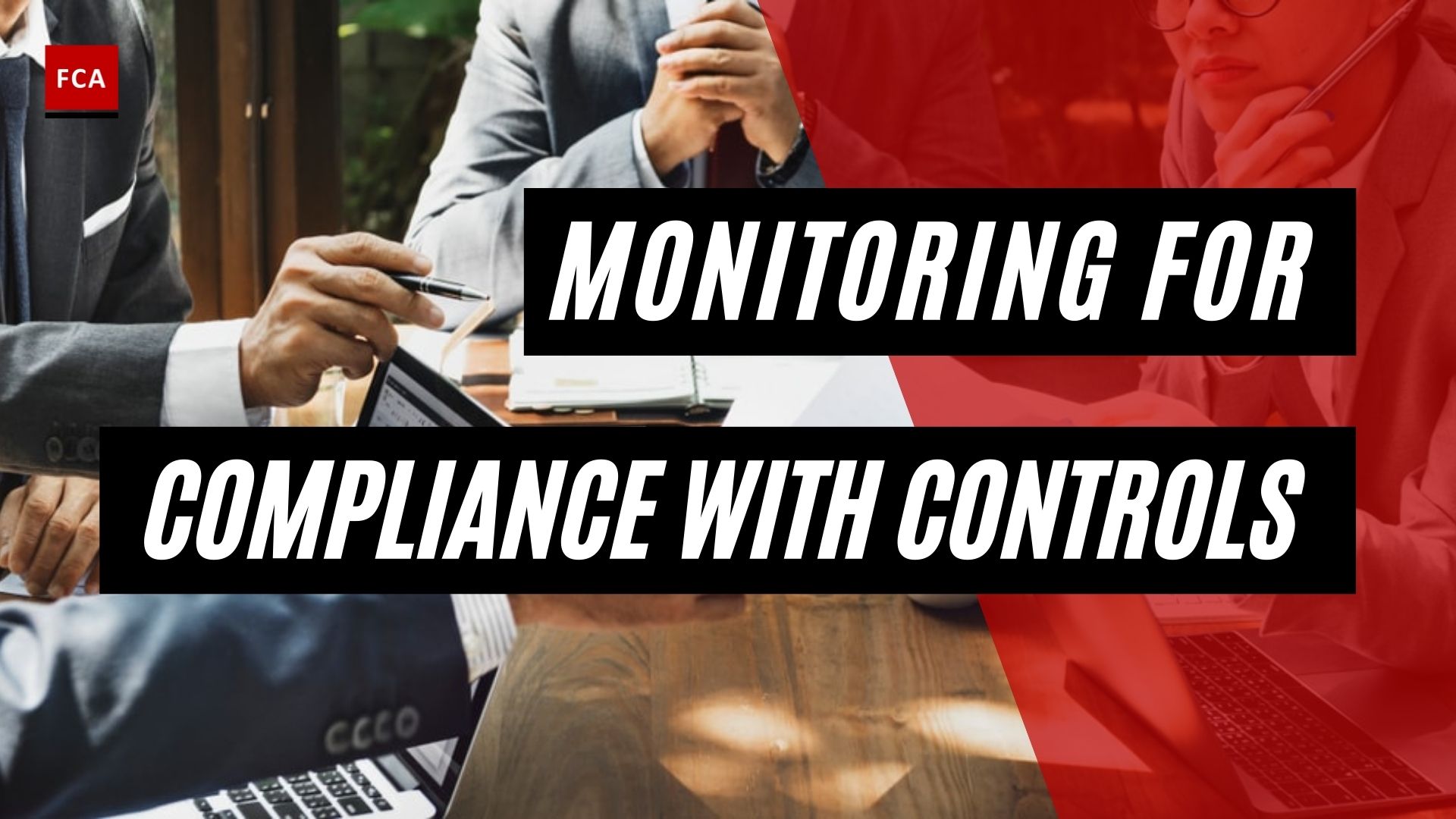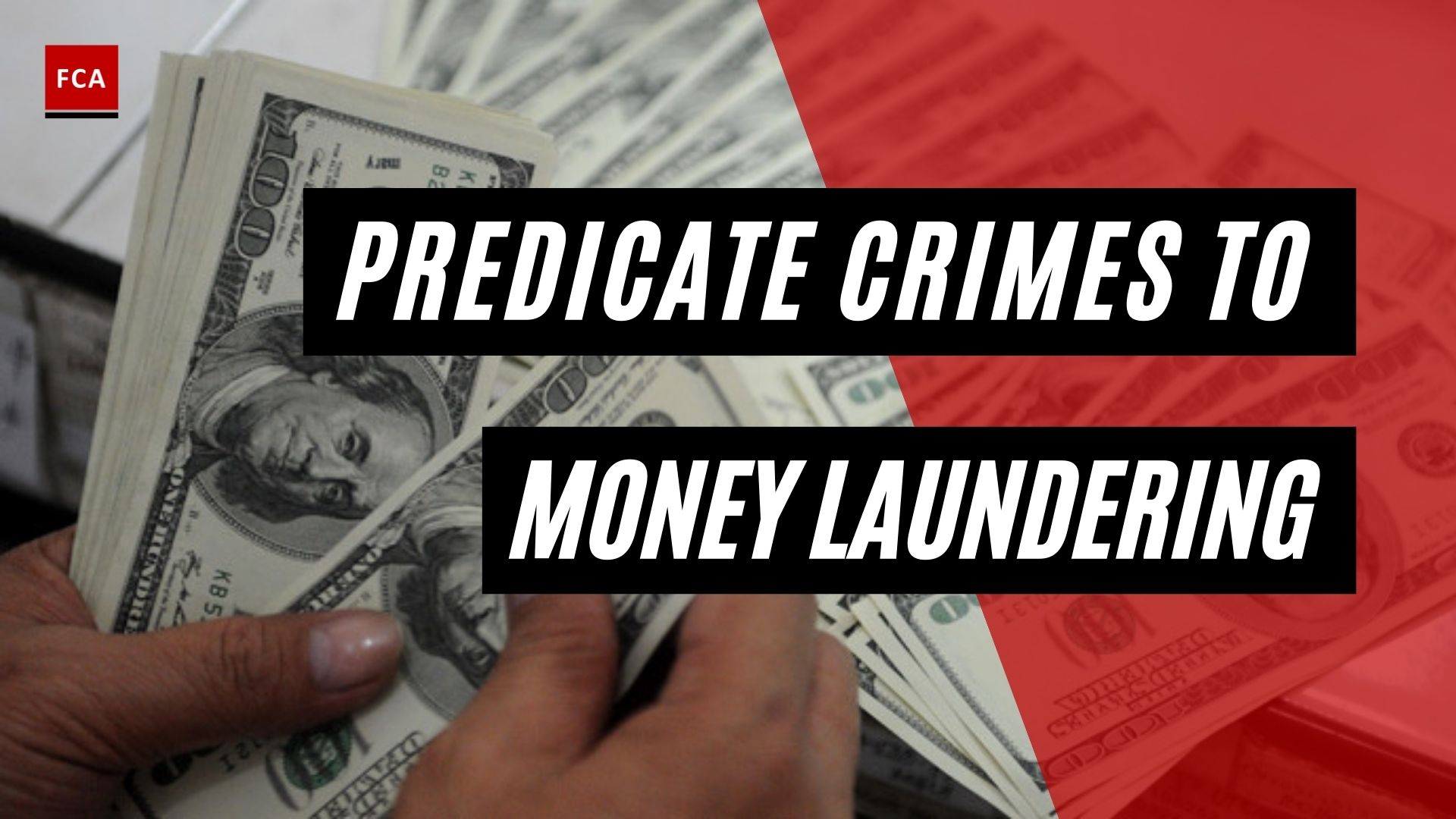Bribery and corruption legislation. As other countries are focusing on the control and management of bribery and corruption, Singapore is also one of those countries which is prominent in establishing the framework for the organizations operating in the jurisdiction of Singapore, to implement the framework and related controls, to identify and prevent the bribery and corruption.
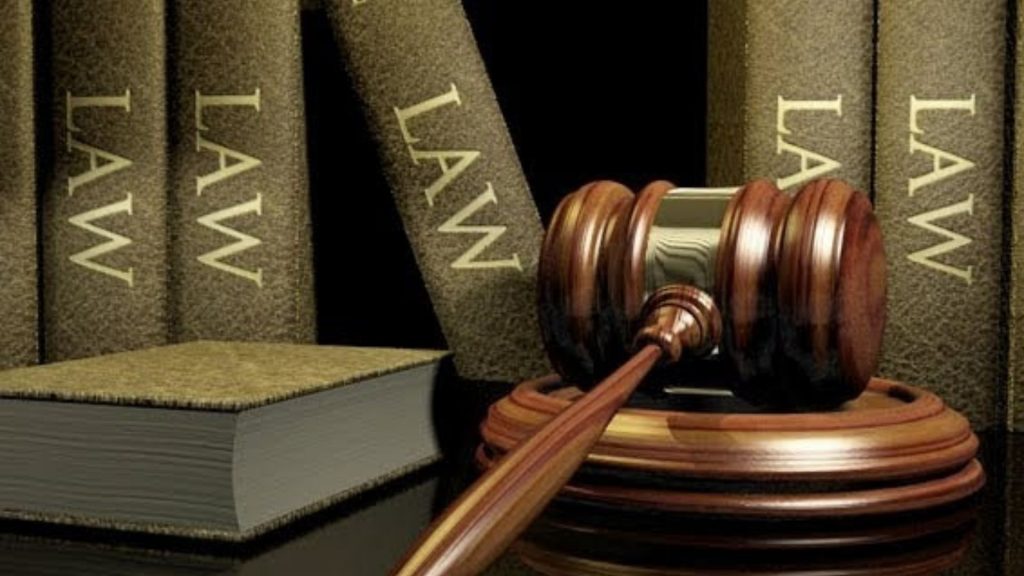
Bribery And Corruption Legislation: Singapore Overview
The Singapore government resolved early on to fight corruption as a strategic imperative to sustain a healthy state of governance, the rule of law, and economic and social development. From the early days of self-government, the new political leaders took it upon themselves to set good examples for public officers to follow. They created, by personal example, a climate of honesty and integrity and made it known to public officers in no uncertain terms that corruption in any form would not be tolerated.
The government’s stand against corruption was also made clear in 1960 when the Parliament enacted a revised anti-corruption law, the Prevention of Corruption Act (PCA), to replace the Prevention of Corruption Ordinance. New sections in the PCA made anti-corruption enforcement and prosecution easier. Since then, the Prevention of Corruption Act has undergone various amendments to increase the power of investigation of the CPIB officers, enhance the punishment for corruption, and plug any loophole to prevent exploitation by criminals.
The policy that the perpetrators should not benefit from corruption was further fortified by the enactment of the Corruption (Confiscation of Benefits) Act in 1989. This Act was replaced by the Corruption, Drug Trafficking, and Other Serious Crimes (Confiscation of Benefits) Act in 1999. The Act provides the Court with powers to confiscate properties that a person convicted of a corruption offense cannot satisfactorily account for or when the properties are found to be benefits of corruption offenses.
Before we touch on any corruption control framework, it is important to identify the root causes of corruption to understand why our framework worked for Singapore. According to a study by Dr. Leslie Palmier, the key reasons for corruption were “Low Salaries, Ample Opportunities for Corruption and Ineffective Policing.
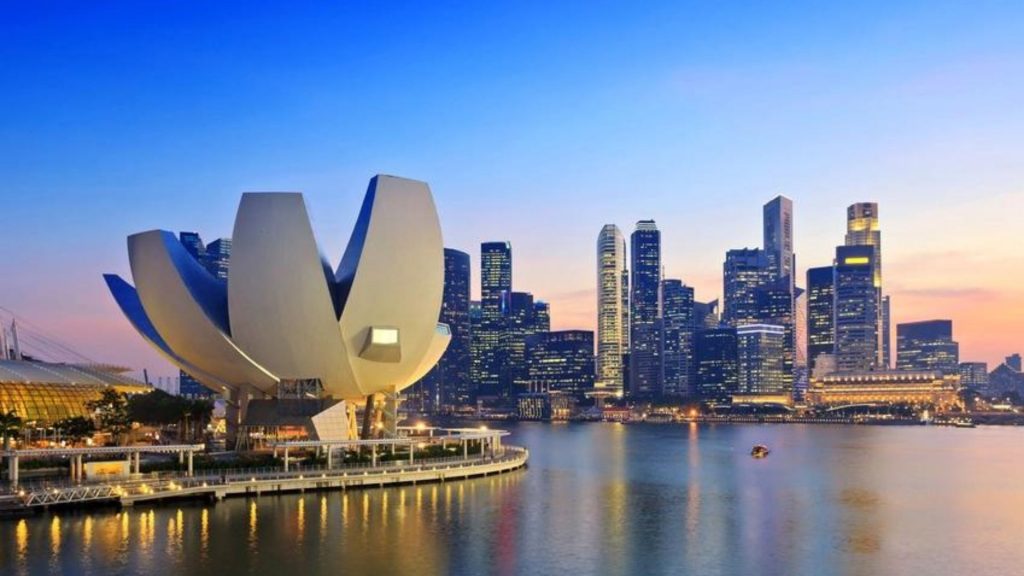
Singapore Is A Country With Low Level Of Corruption
Singapore is now well regarded as one of the few countries in the world with a low incidence of corruption. In 2016, Transparency International’s Corruption Perceptions Index (TI-CPI) ranked Singapore as the 7th least corrupt country in the world and the least corrupt Asian country with a score of 84 out of 1001.
The Political and Economic Risk Consultancy (PERC) also ranked Singapore as the least corrupt country in Asia in 20162, a position Singapore held since 1995. Over the years, Singapore has established an effective anti-corruption framework which has seen it transform from a country rampant with corruption to one of the least corrupt nations in the world.
Public support is vital in any anti-corruption program, is best won through successful action against the corrupt, regardless of color, creed, or status, and executed firmly and fairly without fear or favor. Public support cannot be taken for granted. The Bureau makes itself readily accessible to the public. Anyone with a complaint of corruption has many easy means to complain. They can go through the Internet, through walk-in to the Bureau, through phone calls, through letters and faxes.
As we are accessible, we even find the public coming to us with problems which are not corruption matters, but matters more appropriately handled by other government departments such as the Police, Immigration or Ministry of Manpower. Our Bureau will not turn away these complainants but will take down the information and pass it on to the relevant department. This is in line with the spirit of the government’s “No Wrong Door” policy.
This approach helps to keep the public’s faith in the Bureau and the government. To ascertain that we continue to be effective and trusted, public perception surveys are done regularly by the Bureau to gauge public sentiments. The CPIB is active in the international community’s fight against corruption and regularly represents Singapore at various international anti-corruption platforms.
There are multiple factors in a successful anti-corruption strategy, which requires a comprehensive approach. One cannot deal with the scourge of corruption with isolated initiatives, no partnership, and without understanding the nature of corruption. An integrated national plan incorporating the whole government and the private sector is necessary to increase the chances of success in fighting corruption.
Final Thoughts
To combat corruption, Singapore relies on two key pieces of legislation: the Prevention of Corruption Act (PCA) and the Corruption, Drug Trafficking, and Other Serious Crimes (Confiscation of Benefits) Act (CDSA). The PCA has a broad application and applies to people who give or receive bribes in both the public and private sectors. When the CDSA is invoked, corrupt offenders’ ill-gotten gains are confiscated. The two laws, when combined, ensure that corruption remains a high-risk, low-reward activity. Following the completion of the CPIB’s investigations, all alleged corruption cases will be transferred to the Attorney-Chambers General’s (AGC), the prosecutorial arm of the Singapore Criminal Justice System, to obtain the Public Prosecutor’s consent to proceed with Court proceedings.

